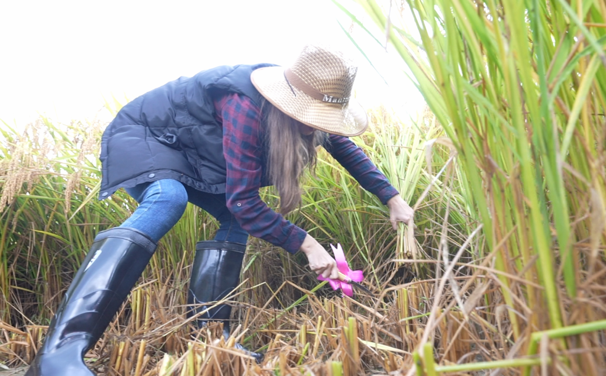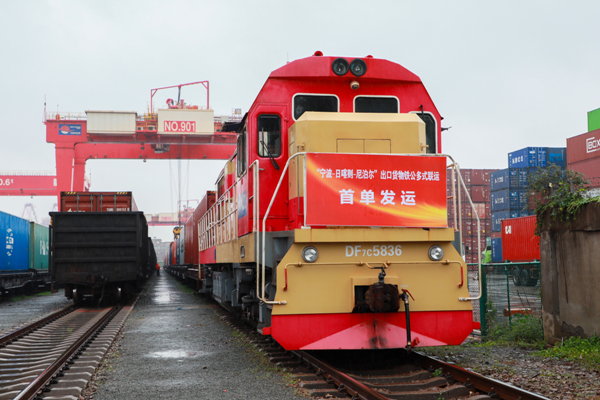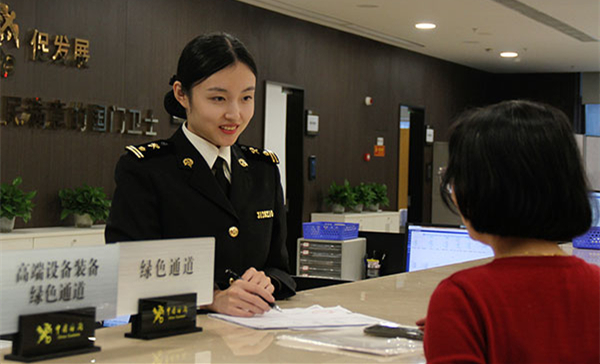Experts back zero-COVID control policy

An employee of online grocery platform Dingdong Maicai prepares to deliver fresh food on Sunday to customers in Shanghai. Many people in the city have turned to online purchases for fresh food after the recent surge in COVID-19 infections. [Photo by Tang Yanjun/China News Service]
Nation's strategy still effective despite biggest surge in cases in two years
As China strives to contain its biggest COVID-19 surge in two years, officials and experts have urged continuation of the dynamic zero-COVID strategy and enforcement of science-based control measures to halt the spread of the virus.
Despite the large spike in new cases and challenges in blocking the highly transmissible Omicron variant, they said the goal of zero infection in communities must be achieved to protect medical systems from being overstretched and a jump in related deaths.
More sustainable response strategies should be devised, such as providing home test kits, antiviral pills and better preparing healthcare services.
The Chinese mainland reported 1,337 locally transmitted, confirmed infections for Sunday, down from over 1,800 the previous day. However, it was the second day in a row that confirmed infections topped 1,000.
The number of asymptomatic cases also went down by about 500 to 788 on Sunday, according to the National Health Commission.
Lei Zhenglong, deputy head of the commission's Bureau of Disease Prevention and Control, said on Monday that the recent epidemic has affected 27 provincial-level regions. As of Sunday, more than 10,000 domestic infections had been reported this month.
The country's virus control strategy is still effective against the Omicron variant, but Omicron's stealth and rapid transmission means that faster and stricter measures should be taken, he said.
The hardest-hit regions include Jilin and Guangdong provinces and Shanghai.
Vice-Premier Sun Chunlan arrived in Jilin on Sunday to guide local virus control work, and visited a local high school and a residential complex.
The province registered 895 locally transmitted, confirmed cases, or nearly 67 percent of total cases nationwide for Sunday, presenting a "severe and complicated situation", according to Sun.
During the inspection, she stressed local authorities should cope with the outbreak in a resolute, scientific, and effective manner, and strictly implement mass testing, quarantine and treatment protocols to achieve zero cases as soon as possible.
China approved on Sunday the use of rapid antigen testing kits, and Sun said screening for infections should be accelerated via both nucleic acid and antigen tests and improved organization.
More aid will be sent to Jilin to boost its ability to conduct epidemiological investigations. While high-risk groups must undergo centralized quarantine, people at lower risk can isolate at home, she said.
The latest outbreaks sweeping the Chinese mainland and the Hong Kong Special Administrative Region are mainly caused by the highly transmissible subvariant of Omicron, known as BA. 2, according to experts.

 China makes outstanding contributions to global energy transition
China makes outstanding contributions to global energy transition  Ningbo village inspires Malawi official
Ningbo village inspires Malawi official  A look at China's economic data in the first three quarters of 2024
A look at China's economic data in the first three quarters of 2024 


